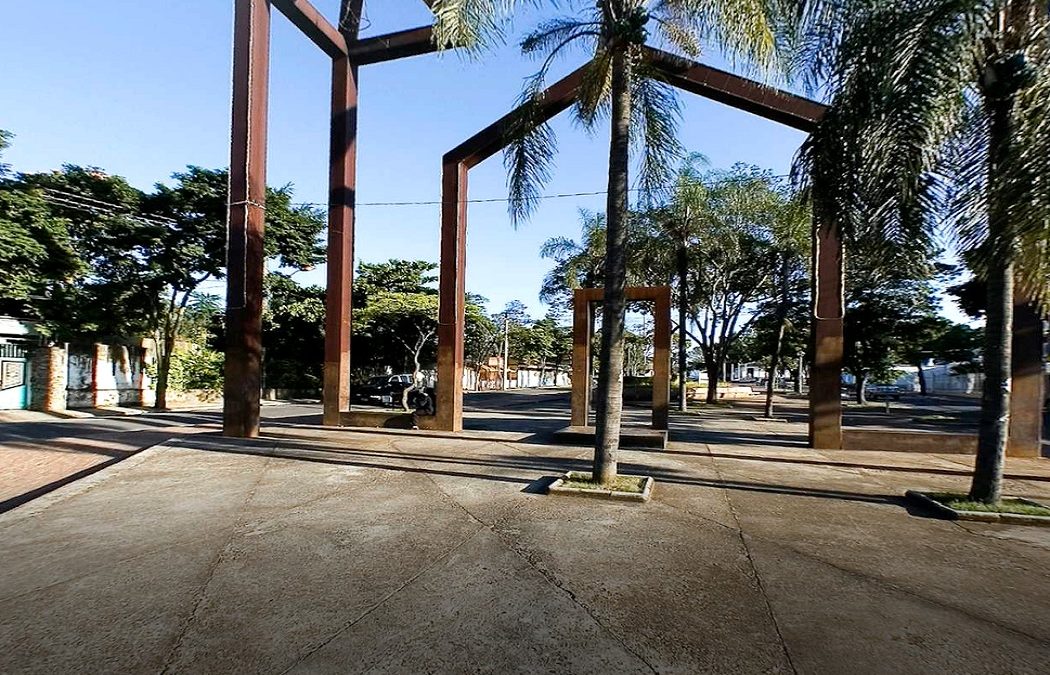
Fortaleza and Recife launch Local Action Plans with ambitious climate goals
December 22, 2020
The Role of Data in Inclusive and Sustainable Urban Development in Indonesia
January 14, 2021The Climate Risk Analysis and GHG Emissions are a part of the strategy to support climate action in the cities for the coming years

Betim and Sorocaba have stood out in the implementation of initiatives to reduce emissions, increase energy efficiency and promote environmental education. In December, both cities took another step towards improving their climate management in their respective municipalities with the launch of two important studies: and GHG Emission Inventories.
The data and information from the respective studies will underpin climate management for the coming years, covering adaptation and mitigation aspects in detail. The starting point for effectively managing risk and implementing long-term climate resilience should be based on understanding climate threats. Investments to minimize the risk should be based upon the exposure and vulnerability of different systems within the urban environment. The Climate Risk Analysis presents the results of the Climate Risk Index, highlighting the current and future risks that the city is and might be exposed to, as well as pointing out the adaptation strategies necessary to ensure the city’s resilient response to the impacts of climate change.
The presentation of greenhouse gas (GHG) emission inventories, from December 2020, and the construction of climate risk analyzes are strategic for the future of the municipalities.
“The commitment of local governments to the climate agenda is a key point for the success of the Paris Agreement. These instruments make it possible to assertively define the city’s priorities and eliminate areas of risk ”, says Rodrigo Perpétuo, executive secretary of ICLEI South America.
The studies were carried out in the context of the Urban-LEDS II project, implemented by ICLEI in partnership with UN-Habitat and funded by the European Commission, which aims to make low-carbon and resilient development strategies a fundamental part of policy and urban planning in cities.
“The documents help to understand how the city is in the present and asses what can happen in the future. We need to have knowledge to monitor the effectiveness of actions and seek to improve solutions that address not only environmental, but also social and economic issues”, says Sophia Picarelli from ICLEI.

